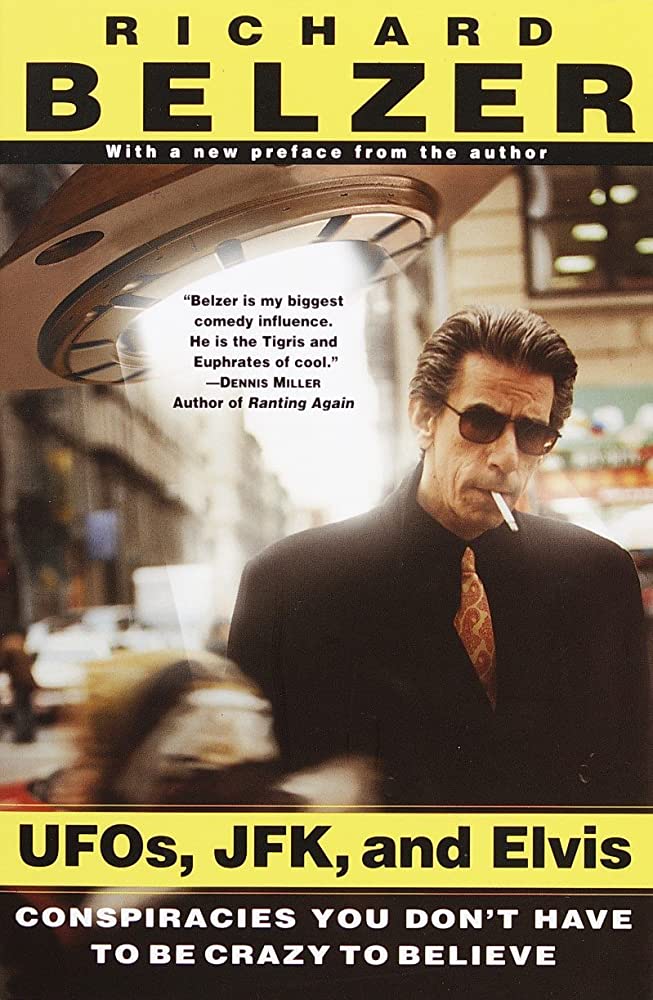Conspiracies have existed for centuries, and they continue to flourish in today’s society. These theories are often believed to be hidden truths that are kept from the general public, and those who believe in them do so fervently. But the question arises: are these conspiracies based on truth or are they just fiction?
Many conspiracy theories are based on simple misunderstandings of complex events or situations. For example, the assassination of JFK was surrounded by a plethora of conspiracies, but in reality, it was most likely a lone gunman who was responsible. Another common conspiracy is that the government is actively hiding the existence of aliens on Earth. While this may be an interesting idea, there is no concrete evidence to back it up.
However, that is not to say that all conspiracies are false. Some have been proven to be true, especially ones that involve government cover-ups. For example, the Watergate scandal was initially dismissed as a conspiracy theory, but it turned out to be true. Similarly, the United States government did conduct secret experiments on civilians during the Cold War.
So, how can we differentiate between a true conspiracy and a false one? The answer is to look for evidence. If a theory is based on real facts and data, it is more likely to be true than a theory built on hearsay and conjecture. Additionally, it is important to consider the credibility of the source of the theory. A well-known and respected journalist is more credible than a random person on the internet.
In conclusion, there is no clear answer as to whether conspiracies are truth or fiction. Some are true, and others are not. However, it is essential to approach them with a critical mindset and base our beliefs on evidence rather than wild conjecture. By doing this, we can separate the fact from fiction and gain a greater understanding of the world around us.











